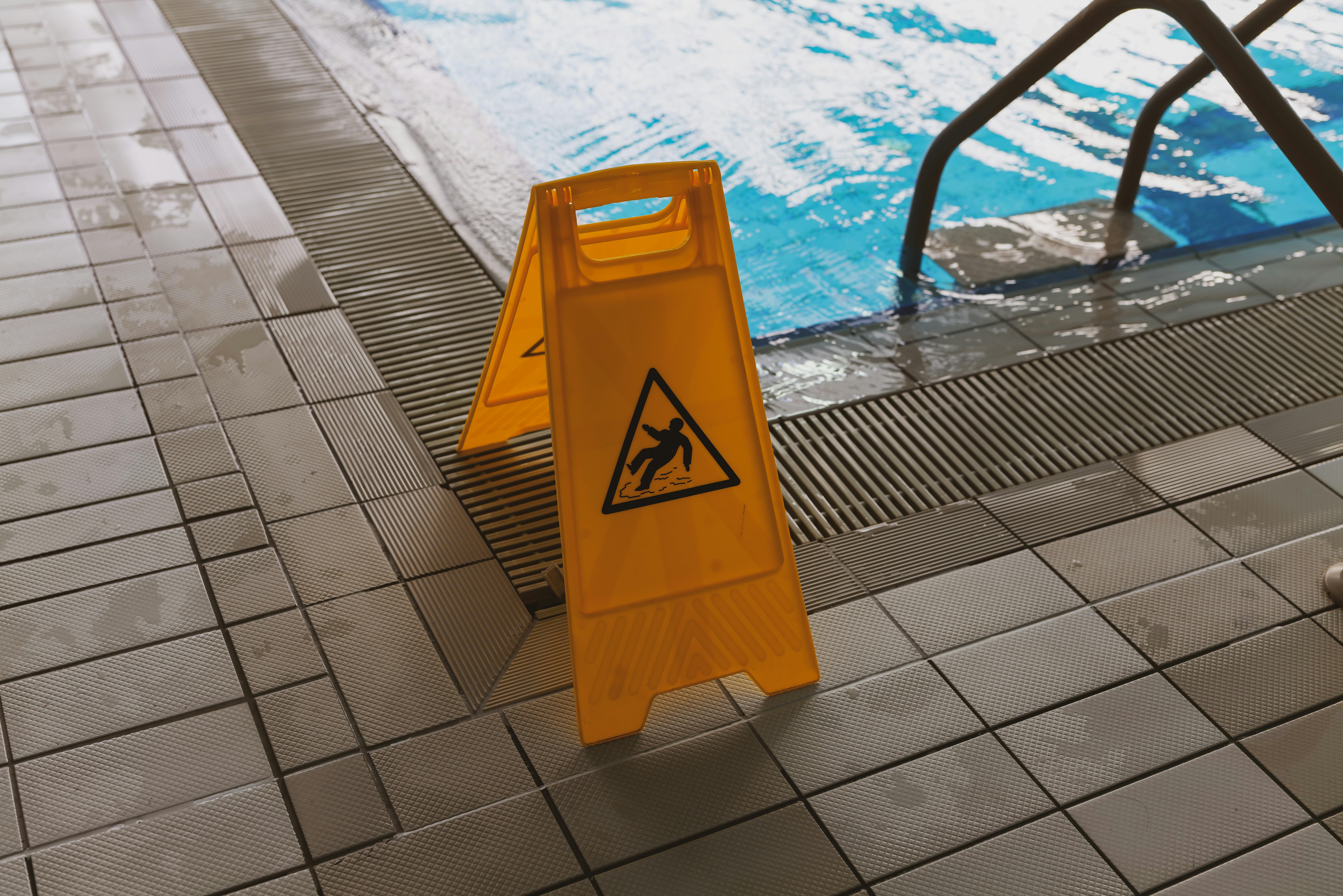Determining liability in a trip and fall accident isn’t always clear-cut, requiring the experience of a trip and fall lawyer. While the property owner is often the main party liable for the accident, some accidents are caused by third parties. To determine liability in an accident, victims may need the services of experienced lawyers at Philly Slip and Fall Guys. Here is more information about third parties, liability, and trip and fall accidents:
Trip and Fall Accidents
Trips are caused by potholes, uneven walking surfaces, malfunctioning escalators, and inadequate lighting. When the trip and fall causes injuries like sprains, breaks, or deep bruising, the victim is entitled to compensation for their economic (medical expenses and lost wages) and non-economic damages (pain and suffering). A trip and fall lawyer understands premises liability and third-party liability, so victims are able to get compensation.
Premises Liability and Duty of Care
Property owners have a duty of care to visitors to their land, which is key in premises liability law. The duty of care for property owners is to maintain safe conditions for visitors, provide notice of unsafe conditions, and make reasonable efforts to repair unsafe conditions. If these things aren’t done, then the property owner has breached their duty of care, opening them up to lawsuits.
In a premises liability lawsuit, the plaintiff (the victim) must show evidence of the property owner’s (the defendant) negligence. They must show that the property owner was aware of the unsafe condition but didn’t post a notice within a reasonable timeframe and didn’t make efforts to repair the condition. The plaintiff must also show that their injuries were caused by the unsafe condition.
Third Parties
When a trip and fall accident happens, the property owner is usually the one liable for the accident. The property owner can argue that there was a separate third-party responsible for the accident. Here are some types of third parties that could be held liable for a trip and fall accident:
1. Maintenance Service
Commercial businesses regularly hire maintenance services to make repairs and upkeep the property. Some examples include tightening loose handrails, filling uneven walking surfaces, or fixing potholes in a parking lot. The business owner has a responsibility to hire these services and expect that they perform the services as stated in the contract. The owner also must provide signage of the unsafe area and a notification of upcoming maintenance. If the maintenance company fails to make repairs on time and a person gets hurt from a trip and fall accident, then the victim can sue the maintenance company for negligence. The victim may sue both the business owner and the maintenance company to get their deserved compensation.
2. Cleaning Company
Commercial businesses and government agencies have contracts with cleaning companies. These companies clean and refresh commonly used areas using various cleaning products and methods, including mopping, sanitizing, and removing garbage. Adequate signage, such as a “Slippery When Wet” board, should warn visitors of unsafe conditions. Cleaning crews should not leave garbage and cleaning supplies on walking paths. If a hotel guest trips and falls because of wet floors or piles of garbage left in a hall, they may sue the hotel for damages. The guest can also sue the cleaning company, and the hotel can sue the cleaning company for their financial loss.
3. Construction Crew
Construction projects should have multiple warning signs posted to signal to nearby walkers that they could get hurt if they walk too close or into the construction zone. If a crew member were to leave supplies on the sidewalk just outside of the construction site after they were supposed to clean up and a person tripped over them, then the victim may sue the construction company. In this case, while the property owner should keep the property safe, it is the fault of the construction crew if supplies are left out when they should be safely put away.
4. Landlord or HOA
For rented property, the tenant has a duty of care to keep their unit and property in safe condition. The landlord and HOA also have a responsibility to keep certain parts of the property in good repair, usually common areas. If the HOA has stated in its contract that it will provide ice and snow cleanup services, but the cleanup service doesn’t do the job well or at all, then a victim of a trip and fall could sue the HOA. The HOA could also sue the cleanup service for not fulfilling their end of the contract.
Hire a Trip and Fall Lawyer
A trip and fall lawyer understands the intricacies of premises liability and how to determine who’s liable for an accident. Determining liability is complex when deciphering who owns the property and who was meant to keep it in safe conditions. Victims of a trip and fall accident should talk to lawyers so they are able to receive their deserved compensation. Get in touch with Philly Slip and Fall Guys if you were recently injured from tripping and falling.

